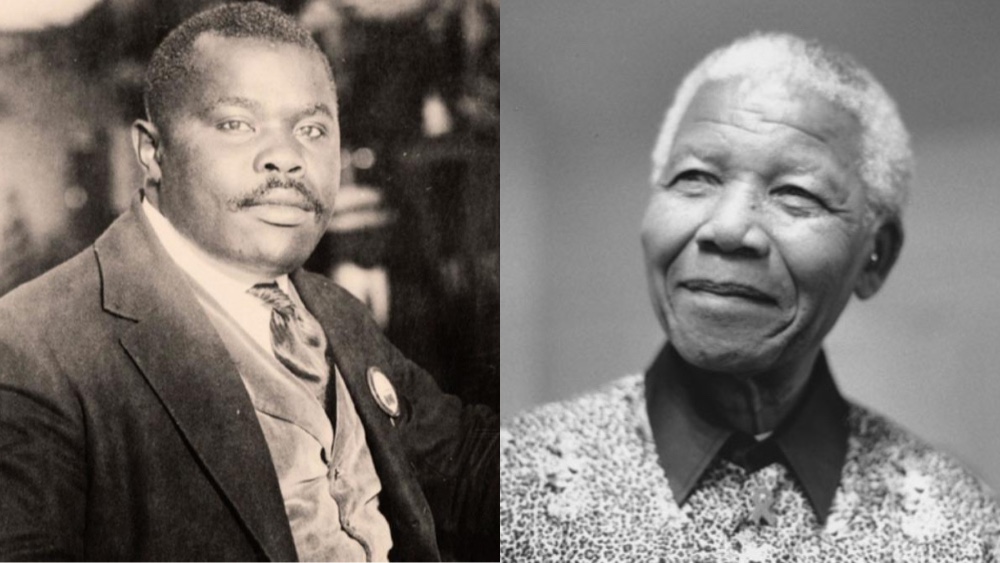If you’re interested in sharing your opinion on any cultural, political or personal topic, create an account here and check out our how-to post to learn more.
____
How deep does African American history explore the social sphere that we inhabit? Is it a branch of African history, or is it just a pseudonym for a new race of people? I mean, Black people in America are a mix of Latino, Native American and caucasian, so does the African American story just encapsulate the journey out of slavery, or a greater cause in American ancestry?
Not asking for some deeper existential meaning or some profound reasoning, but just a means for my mind to articulate the border lines of the methodology that crafts the concept of what being African American means.
Skin color seems not to be the determining factor, but ancestry does. Or, is it just the history that is important? And if it is the history, then why separate it as such? Will that limit its ability to become lost, or increase its chances? It — the separation into a distinct genre — does, however, put emphasis on the cultural achievements of those of color that reside in the United States. Can it do more than that in the future? Meaning, how many generations does it take for one person to be considered genetically African American? Not to simplify the concept or belittle the achievements of those that are African American, but I use it as a means to start considering the boundaries. Like space and time are without limit, can African American history, too, become limitless?
For instance, Marcus Garvey was a contributor to the historical makeup of American politics and the social movement in America, but he was born in Jamaica, died in the U.K. and is buried in Jamaica. So it begs the question: Do his contributions — because they affected African Americans — inherently become African American history, or is he just one node of the history of the African diaspora?
Men like Dr. Cornel West, Thurgood Marshall, Martin Luther King Jr. and Malcolm X are genuinely African American. Their contributions and their lineage are all established and founded in the United States. Their teachings are thus inherent in any curriculum dealing with African American studies. Nelson Mandela, however, while a prominent figure in African and world history, really has little emphasis in the African American curriculum. Is that a flaw? He is African, he did change and mold history on behalf of the descendants of Africa, but not those that migrated to North America. In some worlds his story intersects; in others, he may be omitted.
This is the question that I wrestle with: Is the approach to paint a clearer picture of events as they were, and life as it is, as a result of actions of the few and its [their actions] impact on the many?
Clearer understanding of the cause and influences on human history help us better prepare and understand the world around us for the changes that are to come. They provide us with a basis from which change can be established and a measure on which to guard collective human progress. I can sum up African American history as the aggregate of all events that were chartered by descendants of slaves or people of color in the United States. Now, should that include, non-Blacks that aided and abetted their cause? If it does, then African American history is not a series of events, but a perspective on all historical events. Food for thought.

